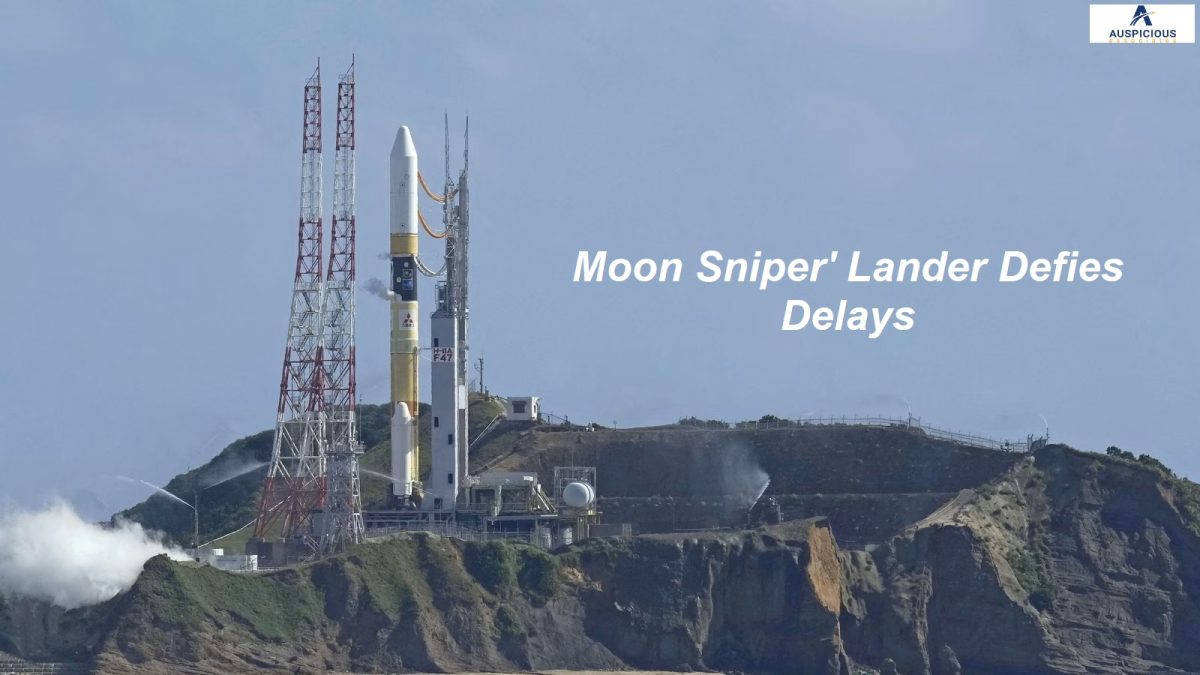Japan launched a rocket carrying what it plans to be the country’s first lunar mission on Thursday (September 7th), as shown in live footage shared by the country’s space agency.
The H2A rocket carried the country’s first successful lunar lander. The latest Lunar Sniper lander was launched at 8:42 a.m. (Wednesday, 23:42 GMT) and is expected to land on the moon’s surface in four to six months.
The launch in southern Japan garnered 35,000 viewers online after the rocket launched from Tanegashima was delayed by three degrees due to bad weather.
The rocket also carried a research satellite developed by NASA, the European Space Agency and the
Japan Aerospace Exploration Agency (JAXA).
Japan launched a lunar lander, seen as a historic victory for the country, a month after India’s spacecraft approached the moon’s south pole.
Japan’s compact lander, officially called the “Smart Lander”, is designed to complete a landing within 100 meters of a target on the moon.
“By developing a SLIM lander, humans will achieve a revolution in landing capability. JAXA said before the announcement.
“When this goal is achieved, it will be possible to land on a planet, which may be more attractive than
on the moon. . “There is no previous example of a clear landing of a gravitational celestial body such as
the Moon around the world,” he added.
Now India, the United States, Russia and China have managed to unleash them. The moon has passed
and India has reached the South Pole. All attempts from Japan have failed, including the moon probe
called Omotenashi, launched last year as part of the US’s Artemis program.
“Omotenashi” is only the size of a backpack and may be the smallest moon landing craft in the world.
However, after the probe was launched by NASA’s powerful rocket from Kennedy Space Center in Florida, the mission ran into problems and eventually lost contact with the probe.
Japan is still facing problems launching its rockets, after the next launch of the H3 generation model
failed after takeoff in March, when the energy-fuel reliable Epsilon also failed in October.




